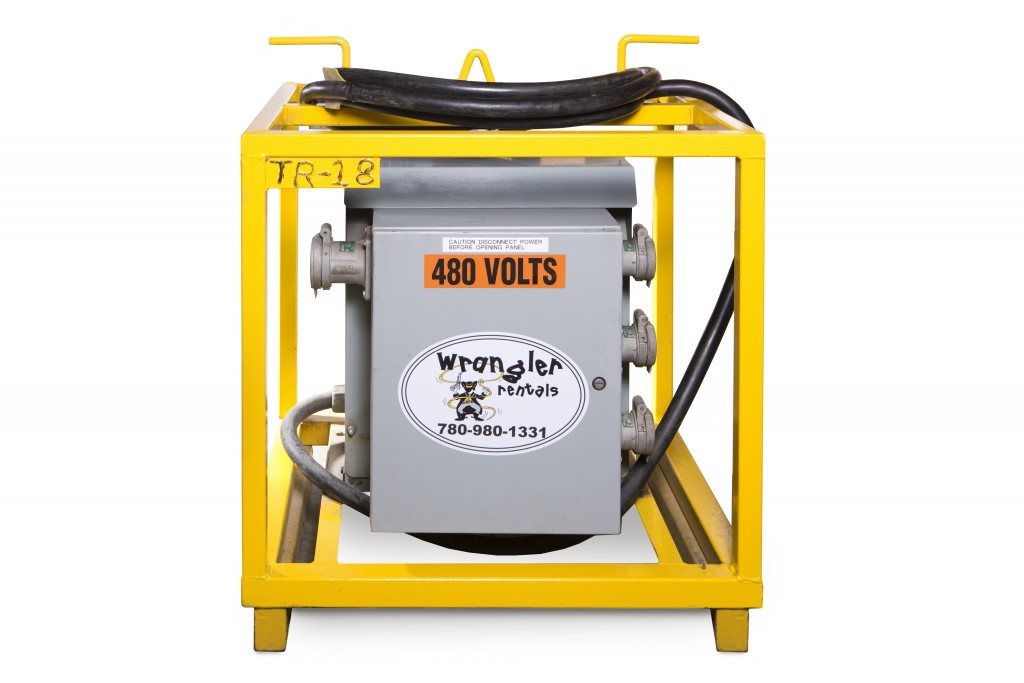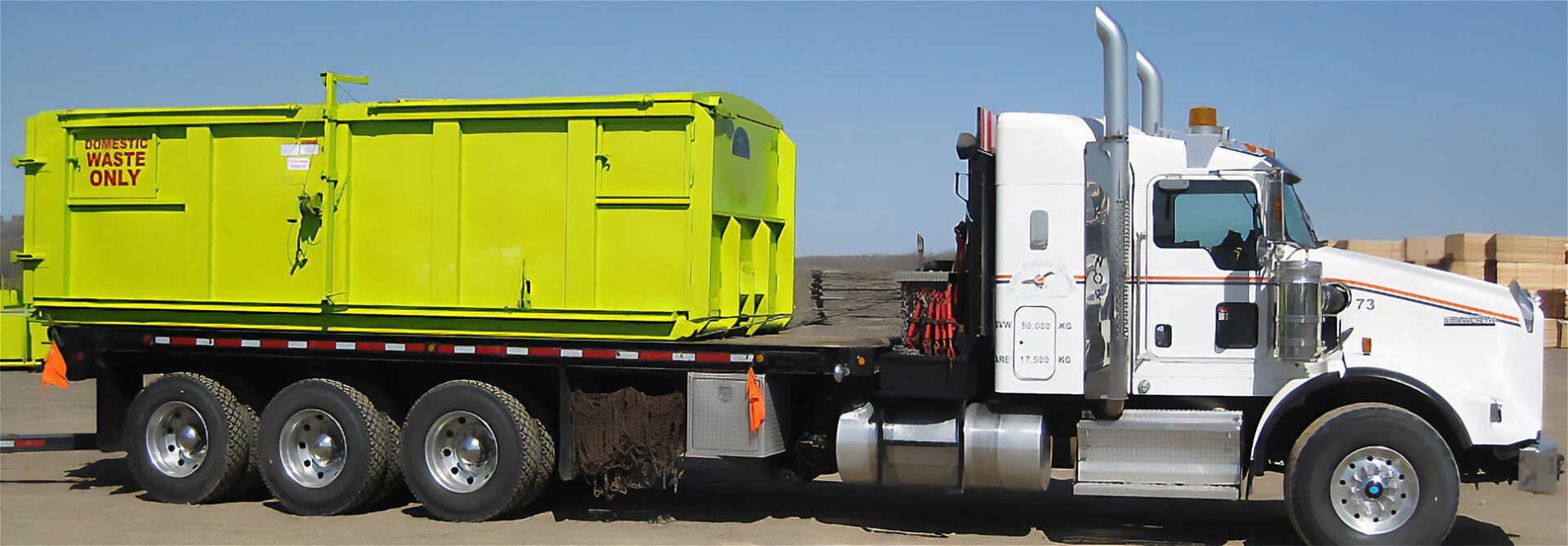A Comprehensive Overview to the Different Kinds of Oil Field Equipment and Pipeline Equipment Available
The oil and gas industry depends heavily on specific devices for reliable removal and transport. Various kinds of machinery, from drilling rigs to tank, play important duties in this complex procedure. Each item of equipment serves distinctive features that contribute to general functional success. Recognizing these components is vital for anybody associated with the sector. As the industry evolves, so also do the technologies that sustain it. What innovations are on the perspective?

Drilling Rigs: The Foundation of Oil Expedition
Drilling rigs offer as the vital machinery in the domain of oil expedition, making it possible for firms to access hydrocarbon books hidden deep under the Planet's surface. These rigs can be found in different types, including land rigs, offshore rigs, and mobile units, each created to operate in certain environments. Furnished with sophisticated modern technology, drilling rigs can penetrate geological developments with accuracy, ensuring effective resource extraction. The structural integrity and operational capabilities of these rigs are crucial, as they have to withstand extreme problems and considerable stress. The selection of a boring rig affects the total project cost and timeline, making it a vital factor to consider for oil business looking for to enhance their expedition efforts and take full advantage of efficiency in their operations.
Pumps: Important for Fluid Activity
In the oil extraction procedure, the duty of pumps is significant, helping with the movement of fluids throughout various phases of production. Pumps are crucial for transporting petroleum, water, and other fluids from below ground reservoirs to the surface area and afterwards with pipelines to refineries. They can be found in different types, consisting of centrifugal, positive displacement, and submersible pumps, each serving certain functions based on the liquid qualities and operational requirements. Centrifugal pumps are frequently used for their performance in high-flow applications, while positive variation pumps master handling thick liquids. The option of pump impacts overall effectiveness, functional safety, and maintenance prices. Appropriate choice and maintenance of pumps are crucial for maximizing manufacturing and minimizing downtime in oil field operations.
Valves: Controlling Flow and Pressure

Valves play an essential duty in handling the flow and stress of fluids within oil areas and pipes. Different kinds of valves offer unique applications, each made to fulfill details functions essential for reliable operation - Superior Oilfield Rentals Texas. Comprehending the attributes and uses these shutoffs is crucial for maximizing system efficiency and security
Sorts of Valves
Vital elements in oil field operations, valves play a crucial function in managing the circulation and stress of fluids within pipes and equipment. Numerous kinds of valves are made use of to satisfy the varied needs of oil and gas manufacturing. Usual kinds include entrance shutoffs, which provide a straight-line circulation and marginal pressure drop; globe shutoffs, recognized for their throttling abilities; and sphere shutoffs, identified for their quick on/off control. Furthermore, check valves stop backflow, while butterfly valves offer a light-weight option for managing circulation. Each shutoff type is created with specific materials and arrangements to hold up against the harsh conditions often found in oil fields, guaranteeing integrity and performance in procedures. Recognizing these types is critical for efficient system monitoring.
Valve Applications and Functions
While different types of valves serve unique objectives, their key applications revolve around controlling circulation and pressure within oil and gas systems. Shutoffs such as entrance, world, and sphere valves control fluid motion, ensuring peak efficiency and security. Gate shutoffs are frequently utilized for on/off control, providing very little circulation resistance. World shutoffs, on the other hand, deal precise circulation regulation, making them appropriate for throttling applications. Round shutoffs are favored for their fast procedure and limited sealing capacities. Furthermore, stress safety valve are essential for preventing system overpressure, securing equipment integrity. On the whole, the suitable selection and dozer rentals near me application of valves enhance functional effectiveness, making sure the dependable transport of oil and gas with pipelines and processing facilities.
Compressors: Enhancing Gas Transportation
Compressors play a crucial role in the efficient transport of gas, guaranteeing that it moves smoothly with pipelines over Visit Your URL fars away. These tools boost the pressure of gas, allowing it to get rid of friction and altitude changes within the pipeline system. Furthermore, compressors promote the balancing of supply and demand, fitting fluctuations in intake and production prices. Different kinds of compressors are used in the sector, consisting of centrifugal, reciprocating, and rotary screw compressors, each offering distinctive benefits based on the functional requirements. Regular upkeep of these compressors is important to make the most of effectiveness and minimize downtime, inevitably adding to a reliable gas transportation network. Their important function underscores the significance of compressors in the total oil and gas facilities.
Storage Tanks: Safe and Reliable Fluid Administration
Efficient transport of all-natural gas counts on different sustaining systems, click to find out more one of which is the correct management of storage containers. These containers play an important function in safely including fluids, making sure that operational effectiveness is preserved while lessening environmental threats. Created from long lasting materials, they are designed to withstand high stress and corrosive elements. Effectively sized and tactically situated, tank facilitate the smooth circulation of gas and various other liquids, protecting against bottlenecks in supply chains. Normal upkeep and surveillance are important to discover leaks or structural problems, promoting security and conformity with governing requirements. Ultimately, the efficient management of tank is crucial for the total honesty and integrity of the oil and gas industry's liquid handling systems.
Pipeline Systems: Infrastructure for Transportation
Pipeline systems function as the foundation of the oil and gas sector, helping with the reliable transportation of hydrocarbons over huge ranges. These systems include various parts, consisting of pipelines, valves, pumps, and compressors, all carefully designed to ensure seamless flow. The products utilized in pipeline building, frequently steel or high-density polyethylene, are picked for longevity and resistance to deterioration. Pipeline networks can cover across land and water, linking manufacturing websites to refineries and distribution centers. In addition, advanced technology makes it possible for real-time surveillance of flow rates and pressure levels, enhancing functional performance. The tactical positioning of these pipelines lessens environmental effect while taking full advantage of source accessibility, thereby playing an essential function in conference energy needs around the world.
Safety Equipment: Ensuring Employee and Environmental Defense
The operation of pipeline systems, while crucial for power transport, also presents substantial safety and security challenges for employees and the environment. Security devices plays a significant duty in minimizing these risks. Personal safety equipment (PPE) such as helmets, gloves, and non-slip footwear safeguards workers from physical dangers. In addition, gas detection systems keep track of for leakages, making sure that dangerous substances do not present a threat to personnel or the surrounding ecological community. Emergency shutdown systems are imperative for rapidly halting procedures throughout a situation, protecting against potential calamities. Spill containment products, consisting of absorbents and barriers, are essential for lessening ecological influence. On the whole, purchasing all-encompassing security devices is critical for keeping functional integrity and protecting both workers and the atmosphere in the oil and gas industry.

Frequently Asked Concerns
Exactly how Do I Pick the Right Oil Field Equipment for My Task?
Selecting the appropriate oil area tools involves evaluating job specs, budget plan constraints, and functional needs. Think about aspects such as equipment dependability, compatibility with existing systems, and the provider's track record to guarantee peak efficiency and security.
What Are the Maintenance Requirements for Oil Field Equipment?
Upkeep needs for oil field devices include regular examinations, lubrication, and prompt repairs. Operators must likewise follow maker standards, screen efficiency metrics, and assurance compliance with safety and security policies to enhance longevity and effectiveness.

Exactly How Can I Make Certain Conformity With Environmental Regulations?
To ensure compliance with environmental policies, companies need to conduct regular audits, implement finest practices, buy training, maintain proper paperwork, and remain upgraded on legislation (Superior Rentals midland). Partnership with ecological companies can also boost adherence to guidelines
What Is the Typical Life-span of Pipeline Equipment?
The average lifespan of pipeline equipment typically ranges from 20 to half a century, relying on factors such as worldly high quality, ecological conditions, and maintenance techniques. Routine assessments can substantially influence long life and operational performance.
How Do I Securely Move Oil Field Equipment to Remote Locations?
Carrying oil field equipment to remote locations calls for cautious planning, consisting of route analysis, protecting permits, making use of ideal vehicles, and ensuring safety methods are complied with. Proper training and communication among teams are necessary for effective transport.